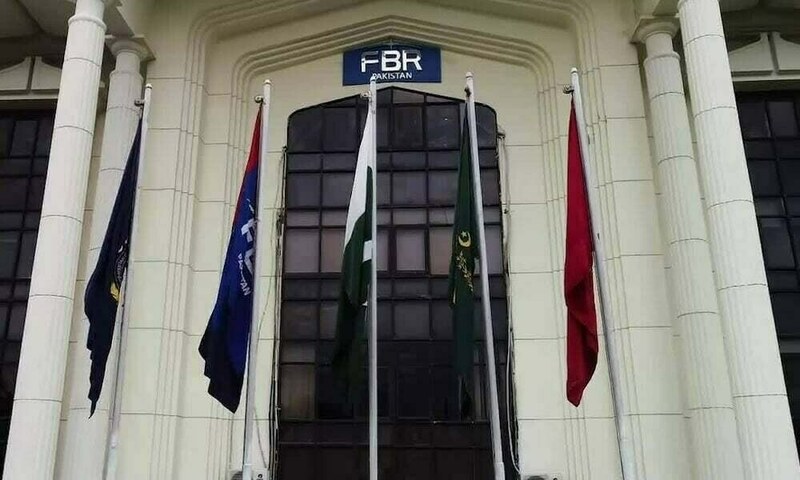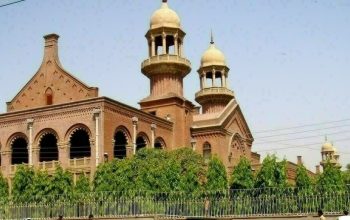EDITORIAL: A Business Recorder exclusive report has revealed that the traders have completely prevailed in their negotiations with the Federal Board of Revenue (FBR) with respect to the much touted Tajir Dost Scheme in not only suspending the proposed fixed tax per shop/retailer (proposed to be collected at a fixed rate of 100 rupees to 60,000 rupees per month based on the fair market value of the store and sales) but registration would now focus on the largely already registered big retailers/shopkeepers/traders on the basis of analysis of returns, data security and commercial electricity consumption.
And, in the latter instance, registration would be done on the basis of credible information of concealment/evasion and not on physical or door-to-door surveys of shops/markets which, unlike other tax collecting authorities in the world, would effectively bar FBR from undertaking an audit at the place of business.
A statutory regulatory order (SRO) 457 was issued on 30 March 2024, notifying special procedures for Tajir Dost Scheme, which envisaged the integration of traders, shopkeepers, wholesalers, retailers, dealers, manufacturer-cum-retailers, importer-cum-retailers, and anyone who combines retail and wholesale activities with any other business activity or person in the supply chain of goods by 30 April 2024 with a projected revenue of Rs 400 billion to 500 billion rupees.
As per the FBR, the scheme would facilitate free registration and extend a variety of tax-related benefits to incentivize participation, with a warning that failure to register voluntarily will trigger automatic enrolment and the imposition of stringent fines.
FBR’s complete retraction on this count indicates a lack of even a rudimentary understanding of the potential taxpayers it purports to bring into the tax net, in, no doubt, yet another failed attempt to convince the International Monetary Fund (IMF) that it is focused on widening the tax net.
Credible reports suggest that a long-held narrative in the Finance Ministry has been that raising revenue, a top priority of successive governments as well as the IMF, is only possible through stringent administrative measures.
And the incumbent Chairman of the FBR, Rashid Mahmood Langrial, appointed on 8 August this year, represented that mindset.
However, as suggested repeatedly by this newspaper to raise revenue the government must focus on widening the tax net by: (i) proactively targeting the existing elite capture in our tax structure notably through a constitutional amendment that would allow agriculture income tax to be in the federal as opposed to provincial domain and thereby levy income tax on the rich landlords at the same rate as the salaried class.
Given that the government recently demonstrated its ability to amend the constitution, one would hope that the same confidence-building measures and tactics be employed to deal with this matter; (ii) real estate transactions be taxed at a rate commensurate to the value of the land; and (iii) there must be proactive engagement with all sectors, including the traders, that have to be brought into the tax net rather than in issuing an SRO that is simply not implementable.
It is important to note that the budget for the current fiscal year has a tax target that is 40 percent higher than last year’s, and 75 to 80 percent of this revenue is budgeted from indirect taxes whose incidence on the poor is greater than on the rich.
The luxury of passing on the buck to the public while preserving and protecting the elite capture of budgeted revenue and expenditure is no longer available to the administration because poverty levels have risen to a high of 41 percent, as per the World Bank.
What should be a source of serious concern for the government today is the distinct possibility of the activation of the contingency plan agreed with the IMF which proposes even more indirect taxes than at present that many social scientists fear could well tip the balance leading to countrywide social unrest.
One would hope that in the short term current expenditure is slashed that would require voluntary sacrifice by the elite and in the medium to long term a shift away from reliance on indirect taxes towards direct taxes based on the ability to pay principle.
Copyright Business Recorder, 2024
Read the full story at the Business Recorder - Latest News website.



